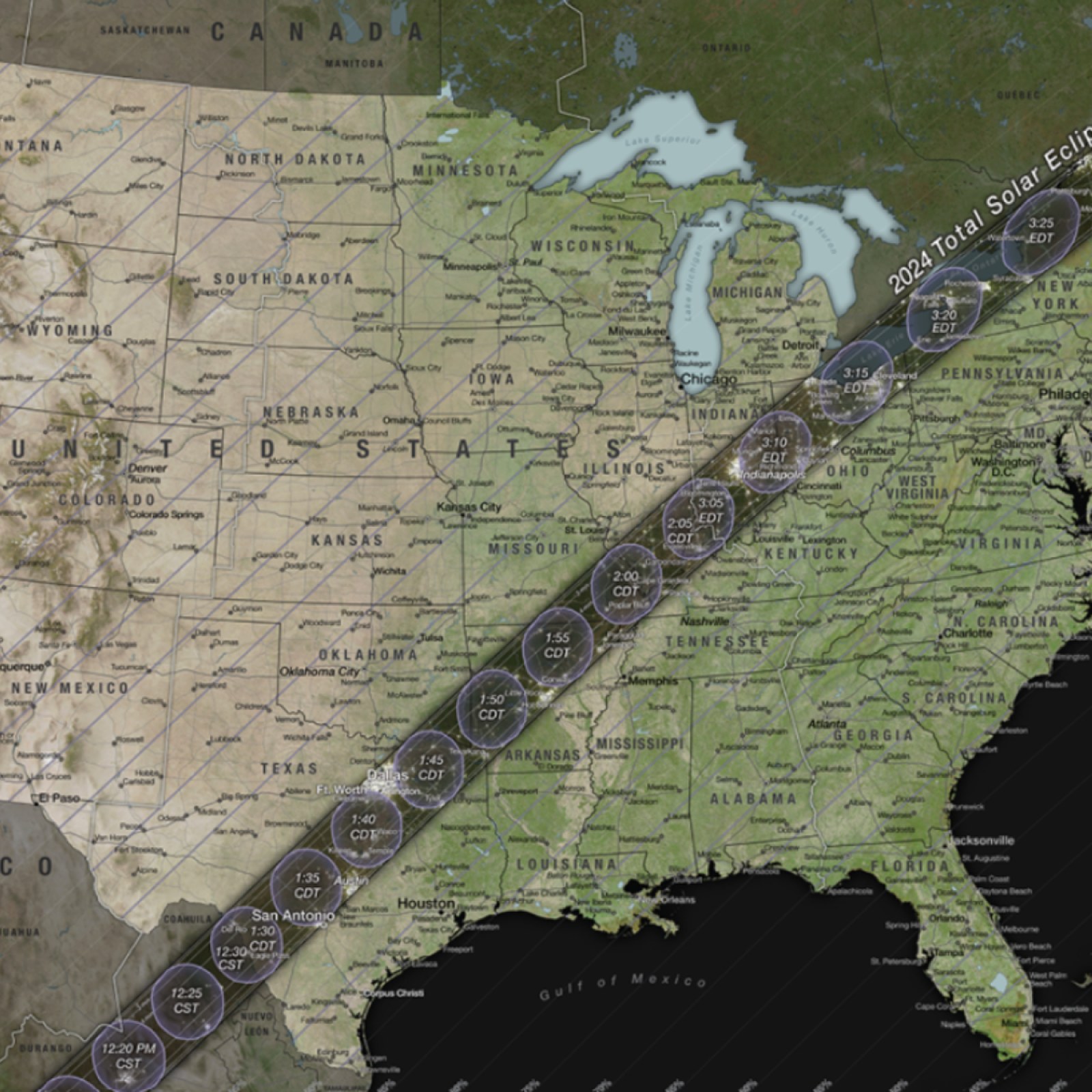When Should Married Couples Have Separate Trusts? – Orange County Register

When are two living trusts better than one?
When you are a drafting attorney and are paid per document.
I thought I’d put that joke away before commenting.
The real answer is that if a couple has two or even three trusts, it makes sense if they have separate property, the spouses have different beneficiaries, and privacy is a particular concern. It means that there is a possibility.
Let’s take a look at the difference between joint trusts and separate trusts in California.
joint trust
It is common for couples to have joint trusts that handle all assets and all beneficiaries. A trust usually has a list of assets, showing each spouse’s individual property and joint property.
The trust then states what happens to each spouse’s individual property and half of the community property when the spouse dies (or becomes incapacitated).
In a joint trust, the surviving spouse is usually the sole trustee and enforces the terms of the trust.
If a portion of the deceased spouse’s assets remain in the trust, limiting the ability of the surviving spouse to change the beneficiaries or the terms of the trust (i.e., the trust “gives all and can do what they want (not a trust)), California law requires notice and a copy of the trust to be sent to the heirs and contingent beneficiaries.
An “heir” is a person (generally a spouse, children, descendants, parents, siblings, siblings) who has the right to inherit without a will or trust under the intestate provisions of California probate law. , niece, nephew, etc.).
A “contingent beneficiary” is a person named in a trust document who may receive a stream of assets or income when the surviving spouse dies.
problem
Joint trusts may not work well if one or both of the spouses have another property that is significant. This is especially true where a spouse intends her separate property primarily or exclusively to benefit children or other beneficiaries on her spouse’s behalf.
Two trusts die anyway
In this scenario, the joint trust would have to split into two trusts (commonly called “A/B” trusts) upon the death of the first spouse, so it would be two trusts anyway.
There is a trust “A trust” that keeps the property of the bereaved family and a trust “B trust” that keeps the property of the deceased spouse. If it’s easy to remember and has a sense of humor, you can think of A trust as “aboveground” spouse trust and “B trust” as “underground” spouse trust.
Trustees may not be the same
If the spouse’s property, whether separate or communal, is intended to benefit children or other beneficiaries, it would be unwise to have the surviving spouse act as trustee of the B trust. May not. Much depends on the relationship between the surviving spouse and the beneficiary. If the surviving spouse is not a good choice for a trustee in this situation, a joint trust should be carefully created to provide another trustee for the “B trust”.
Conditions must be very specific
The B trust must also carefully explain the terms and conditions for distributing income and principal to the surviving spouse and/or other beneficiaries. education?), what if the surviving spouse remarries.Lawsuits between stepchildren and stepparents over trust terms are all too common
Remarks
In a joint trust, the deceased spouse’s heirs receive the legal notice of the trust and the trustee’s name and contact information, as do the beneficiaries of the trust as a whole. This means that both “sides” (e.g. each spouse’s children) will receive notice and a copy of the trust. This could be more information than you’re trying to get your stepchild to have. Each person entitled to notice also has 120 days to file a claim with respect to the trust (incapacity, undue influence, etc.).
Separating the trust as a solution
As a result of the above issues, it may make sense for spouses to have separate trusts. In some cases, three trusts may make sense. She has one in each spouse’s individual property and hers in the community property in joint trust. The latter is usually the case where each trust has significant assets.
Using separate trusts allows you to maintain confidentiality for each spouse. Only heirs and beneficiaries of a deceased spouse can see that spouse’s separate property trusts, and only those persons can file claims. If the deceased spouse’s individual property trust’s only beneficiaries are the children of that spouse, the terms are often significantly different from those of a joint/joint property trust, and the documentation is clearer.
Additionally, due to how property titles are attached, separate trusts make it very clear which assets are the separate property of each spouse. And finally, a spouse who created another property trust is free to amend or revoke the other property trust without the consent or involvement of the other spouse (which, among other things, allows the other spouse can be very important in cases of incompetence). .
A marital trust is not always required. But in some cases, for a second (plus) marriage, different beneficiaries, significant separate property, or for privacy and ease of administration, they make a lot of sense.
Teresa J. Rhyne is an attorney specializing in real estate planning and trust management in Riverside and Paso Robles, California. She is also the New York Her Times bestselling author of ‘The Dog Lived (and So Will I)’ and ‘Poppy in The Wild’.you can contact her Teresa@trlawgroup.net
https://www.ocregister.com/2022/09/25/when-should-a-married-couple-have-separate-trusts/ When Should Married Couples Have Separate Trusts? – Orange County Register



